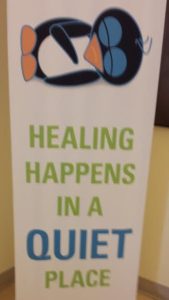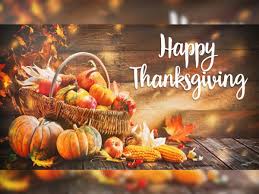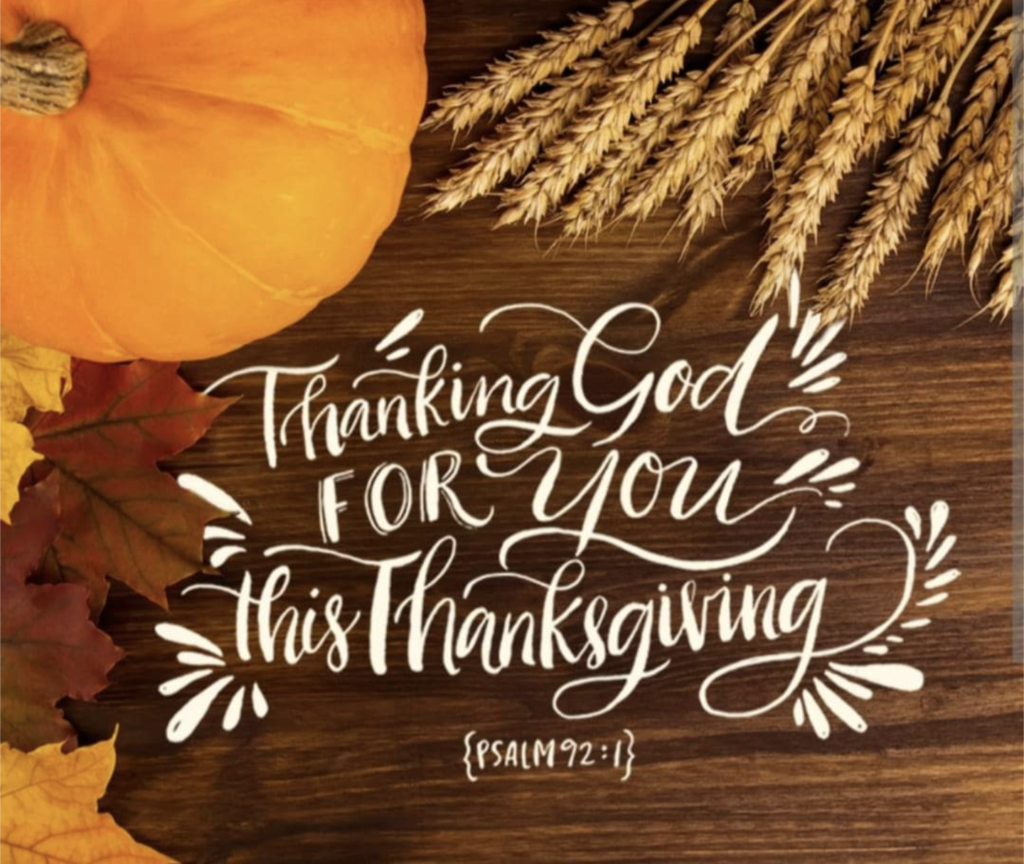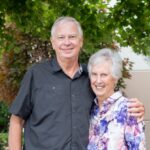
Advent 2023
God’s provisions, His gifts to us illuminate His character, His wisdom, His goodness, His faithfulness, His unchanging-ness are the same for us as they were recorded in the narratives of the Bible. We especially need God’s provisions when He breaks in. (If you missed last week’s Echoes of Grace, I encourage you to scroll down and read it.)
God’s provisions, gifts from Him to encourage us
so we can encourage others.
The provision of His promises.
God makes promises based on His character and provides them for us. “For when God made a promise to Abraham, since he had no one greater by whom to swear, he swore by himself,” Hebrews 6:13 (italics mine). Ann Voskamp says, “God who is never limited by lack or restricted to the expected;” ***
Through Gabriel, God made a promise to Mary. “And behold, you will conceive in your womb and bear a son, and you shall call his name Jesus.” Luke 1:31
The provision of people.
God’s people in the person of Naomi charted a new path for Ruth who is enshrined in the genealogy of Jesus. Matthew 1:5.
God provided Elizabeth, a close relative of Mary, to affirm the message of Gabriel. “Blessed are you among women, and blessed is the fruit of your womb!” Luke 1:42.
The provision of presence.
Hannah knew the presence of God in her deep desire for a child. Her response confirms her knowing. “And in due time Hannah conceived and bore a son, and she called his name Samuel, for she said, ‘I have asked for him from the LORD. ‘” I Samuel 1:20.
The prophetess Anna knew God’s presence. “She did not depart from the temple, worshiping with fasting and prayer night and day.” Luke 2:37.
Jesus promises His presence to us too. “I am with you always,” Matthew 28:20. Am I aware?
The provision of prayer.
God invites us to pray. “Call to me and I will answer you, and tell you great and hidden things that you have not known.” Jeremiah 33:3. Although you is in the singular, we too can enjoy God’s invitation to call to Him.
“And her husband Joseph, being a just man and unwilling to put her to shame, resolved to divorce her quietly. But as he considered …” Matthew 1:19, 20. Considered, thought about, resolved … all terms that tell me that Joseph prayed about his decision to divorce Mary until Gabriel provided wisdom from God in response to Joseph’s thoughts (prayers).
I pray because I can’t help myself.
I pray because I’m helpless.
I pray because the need flows out of me all the time —
waking and sleeping.
It does not change God — it changes me.
C.S. Lewis
The provision of purpose.
The narrative of Abraham journeying to Mount Moriah to offer his son as a burnt offering, and God’s subsequent provision of the ram that rescued Isaac from that fate showcases God’s purpose. “”By myself I have sworn, declares the LORD, because you have done this … I will surely bless you, and I will surely multiply your offspring …” Genesis 22:16, 17.
God chose shepherds to affirm His purpose (providing a savior). “Fear not, for behold, I bring you good news of great joy that will be for all people. For unto you is born this day … a Savior …” Luke 2:10.
The provision of peace.
In the midst of the threat of being thrown into a fiery furnace, Shadrach, Meshach, and Abednego knew the peace of God. “If this be so, our God whom we serve is able to deliver us … But if not … we will not serve your gods or worship the golden image …” Daniel 3:17, 18.
Simeon’s words testify that he too knew the peace that only God offers. It had been revealed to Simeon that he would not die before he saw Jesus. That was fulfilled for Simeon when Mary and Joseph brought Jesus to Jerusalem to present him to the Lord. “(Simeon) he took him up in his arms and blessed God and said, ‘Lord, now you are letting your servant depart in peace, according to your word;” Luke 2:28, 29.
The provision of power.
The narrative in Genesis 45 shares the story of Joseph and his brothers meeting again when the brothers came to buy food. They thought Joseph was dead; but the reality was he was alive and God had given him great power in Pharaoh’s household. Joseph acknowledged several times that his power came from God. “God sent me before you” verses 5, 7, and 8; “God made me lord” verse 9.
About 1500 years later, Gabriel acknowledges God’s power. Speaking to Mary he says, “and the power of the Most High with overshadow you;” Luke 1:35
Paul’s words in Philippians 3:10, acknowledge his desire to know God’s power. “that I may know him and the power of his resurrection,”
I too find myself praying to experience resurrection power.
~~~~~~~~~~~~~~~~~~~~~~~~~~~~~~~~~~~~~~~~~~~~~~~~~~~~~~~~~~~~~~~~~~~~
It has been good to ponder God’s promises to me; the people who have influenced me; God’s presence with me; the gift of prayer, God’s purposes for me; God’s power; and the peace I can experience in the midst of the seeming impossible.
And it’s not about me! “the church of which I became a minister according to the stewardship from God that was given to me for you, …” Colossians 1:25. This scripture pulls together of me all these provisions. This is the scripture I pray for Echoes of Grace.
“Jesus Christ is the same
yesterday and today and forever.”
Hebrews 13:8
Copyright: Sue Tell, November 2023
*** The Greatest Gift, Ann Voskamp


 When a scripture … one I’ve not noticed before pops up in your reading twice in one week, you (I) pay attention!
When a scripture … one I’ve not noticed before pops up in your reading twice in one week, you (I) pay attention!

 Our son made the journey from my womb to my arms. His loud cries quieted as the nurse placed his tiny body on my chest. Once again he heard the beating of my familiar heart. Love swelled.
Our son made the journey from my womb to my arms. His loud cries quieted as the nurse placed his tiny body on my chest. Once again he heard the beating of my familiar heart. Love swelled. Two thousand years ago, Mary also gave birth to a tiny boy, her human experience significantly different from mine. Luke 1:31-33.
Two thousand years ago, Mary also gave birth to a tiny boy, her human experience significantly different from mine. Luke 1:31-33.



